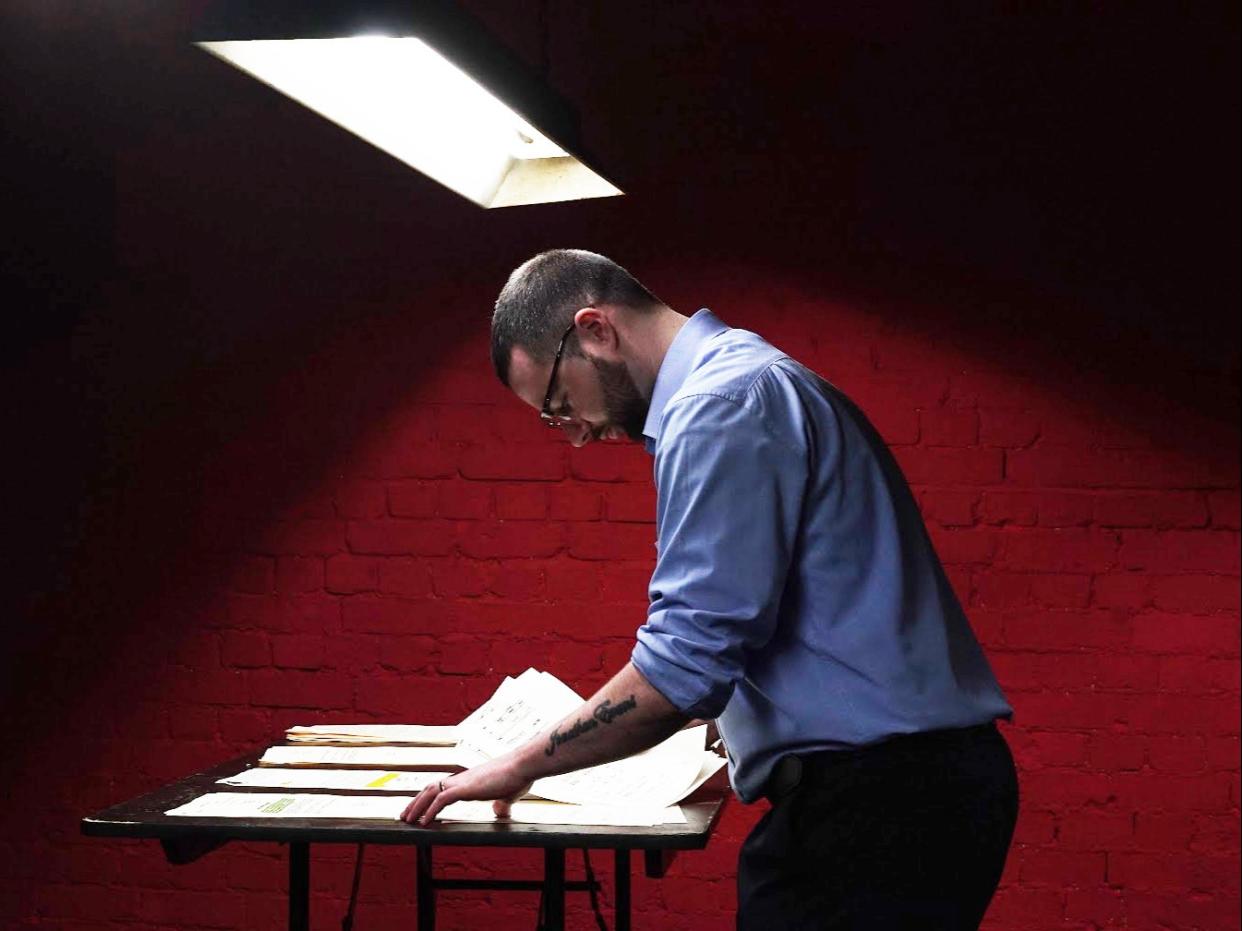In Cold Blood, review: A vital look at a dark chapter in NHS history

The documentary director Marcus Plowright was recently nominated for a Bafta for 2019's The Murder of Jill Dando, a patient and gripping examination of a killing that shook the nation. With In Cold Blood (ITV), he turns his attention to the contaminated blood scandal, another decades-old front-page story whose memory has faded with time. Blood treatments given by the NHS during the Seventies and Eighties infected at least 1,300 people with HIV and 4,000 with Hepatitis C. Over 1,500 have died.
The film’s title, irresistible given the subject, invites comparisons with Truman Capote’s true-crime book of the same name. Where that was a study of a Kansas killing spree, this is a story of institutional malpractice and alleged cover-ups, a scandal with thousands of victims, many perpetrators and which will most likely never be truly resolved.
The film is based on the work of Jason Evans, a campaigner whose father died of Aids after receiving contaminated blood products. As he points out, the death toll from the scandal is greater than Hillsborough, Grenfell and all the terror attacks on British soil combined, but with nothing like the same public awareness. In France and Canada, health officials were eventually jailed, but while the British government has made payments to some of the victims, nobody has ever been held accountable. Yet, as is clear from the film, patients continued to receive Factor VIII long after suspicions were first raised. In subsequent investigations over the years, it has been discovered that crucial documents were destroyed, often around the same time as information came to light about who knew what when. It was only in 2017 that Theresa May finally ordered a public enquiry, which reopened this month.
Forty years after most of the infections took place, there is a lot of ground to go over. For many years, Britain’s thousands of haemophiliacs thought Factor VIII was a wonder drug. They could keep it in the fridge and inject themselves to help control their bleeding, with no need for doctors or hospitals. As the drug’s popularity soared, the NHS started importing Factor VIII from America. The treatment was made from concentrated plasma, so each batch contained blood from many thousands of donors. American donor standards were less rigorous. Blood infected with hepatitis, and later HIV, made its way into the supply chain. Warning bells were being sounded as early as 1983, but as documents show, NHS officials were slow to respond to the threat. There’s a special terror in the thought that the blood you are injecting as a cure might contain an even worse illness.
The only directorial flourish is a gloomy room in which Evans examines the documents. Other than that, In Cold Blood eschews razzmatazz in favour of old-fashioned storytelling. The story builds patiently over 90 minutes, through testimony from victims, their families and doctors working at the time, interspersed with archive footage and highlighted passages from the medical and political records. It’s simple but effective, and refreshing at a time when so many documentaries can’t resist the urge to dress everything up with distracting music and graphics and funky timelines. It’s clear that for many whose lives were touched by this scandal, the wounds are still raw, and their opportunities for closure are running out. For viewers who have forgotten about the story, or are too young to remember it, this is a timely reminder that for all its vaunted strengths, the NHS requires constant scrutiny.
Read more
Did Downton Abbey lead to Brexit? How ITV’s flagship drama put the upper classes on a pedestal

 Yahoo News
Yahoo News 
